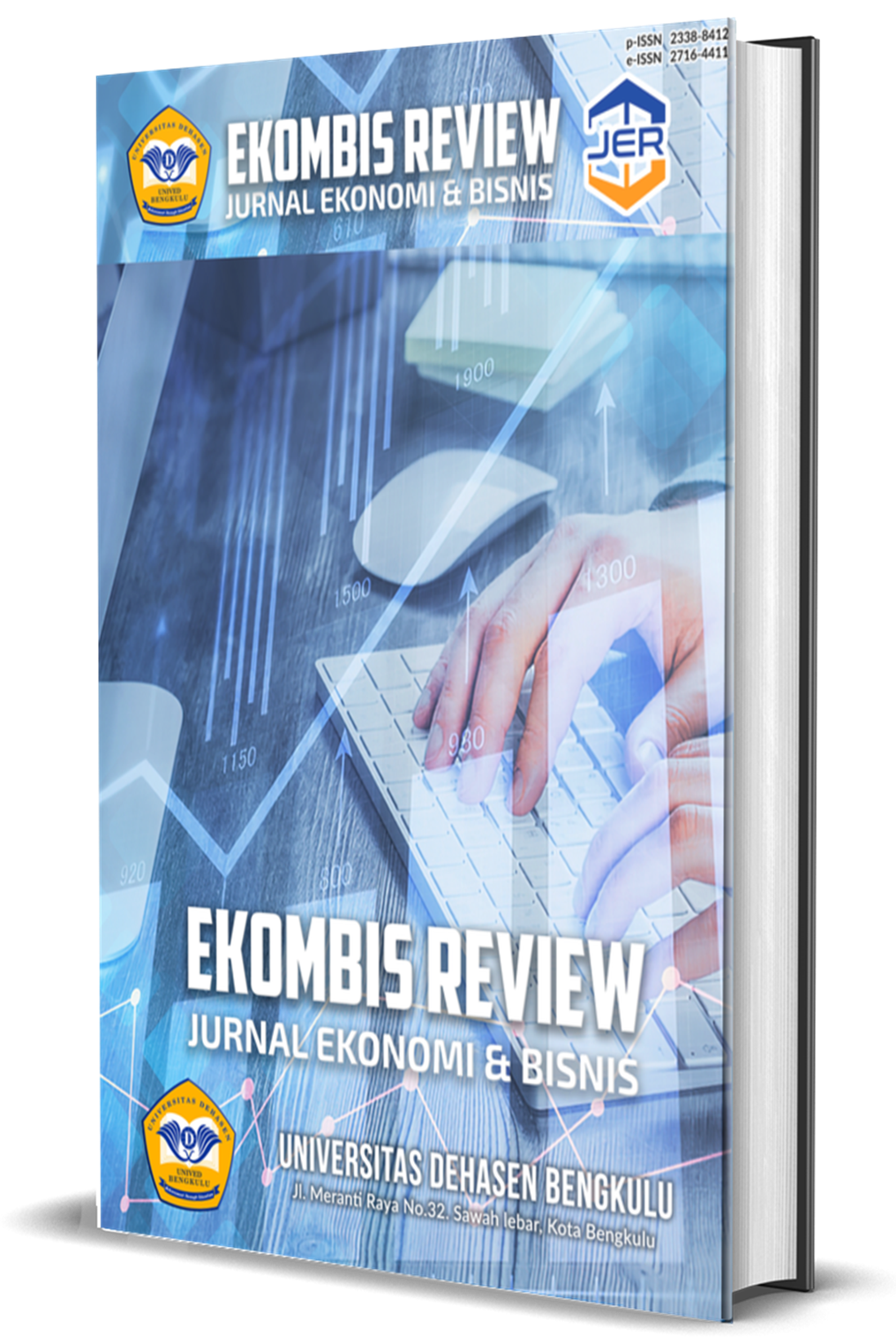Analysis Of The Influence Of Financial Literacy, Ease Of Use, Risk Perception, And Decision To Use QRIS As Digital Payment On FE Students Of Sarjanawiyata Tamansiswa University Yogyakarta
Abstract
The purpose of this study is to assess the influence of financial literacy, ease of use, and risk perception on the decision to use QRIS in students of the Faculty of Economics, Sarjanawiyata Tamansiswa University. This study uses a kunitative research method, and sampling is carried out with a purposive sampling approach. This study involved 100 active FE UST students. Data collection was carried out through a questionnaire distributed through a google form with a likert scale of 1-5. Data validity and reliability tests, classical assumption tests, multiple linear regression tests, and hypothesis tests were carried out using the SPSS Ver 25 statistical tool. The results of the study show that partially, the financial literacy of FE UST students has a positive and significant effect on their decision to use QRIS; the ease of use of QRIS has a positive and significant effect on their decision to use QRIS; and the perception of risk negatively affects their decisions. Simultaneously, this shows that financial literacy, ease of use, and risk perception positively and significantly influence QRIS decisions.
Downloads
Copyright (c) 2025 Desniawaty Desniawaty, Pristin Prima Sari, Johannes Maysan Damanik

This work is licensed under a Creative Commons Attribution-ShareAlike 4.0 International License.
An author who publishes in the EKOMBIS REVIEW: Jurnal Ilmiah Ekonomi dan Bisnis agrees to the following terms:
Author retains the copyright and grants the journal the right of first publication of the work simultaneously licensed under the Creative Commons Attribution-ShareAlike 4.0 License that allows others to share the work with an acknowledgement of the work's authorship and initial publication in this journal
Submission of a manuscript implies that the submitted work has not been published before (except as part of a thesis or report, or abstract); that it is not under consideration for publication elsewhere; that its publication has been approved by all co-authors. If and when the manuscript is accepted for publication, the author(s) still hold the copyright and retain publishing rights without restrictions. For the new invention, authors are suggested to manage its patent before published. The license type is CC-BY-SA 4.0.
EKOMBIS REVIEW: Jurnal Ilmiah Ekonomi dan Bisnis is licensed under a Creative Commons Attribution-ShareAlike 4.0 International License.














